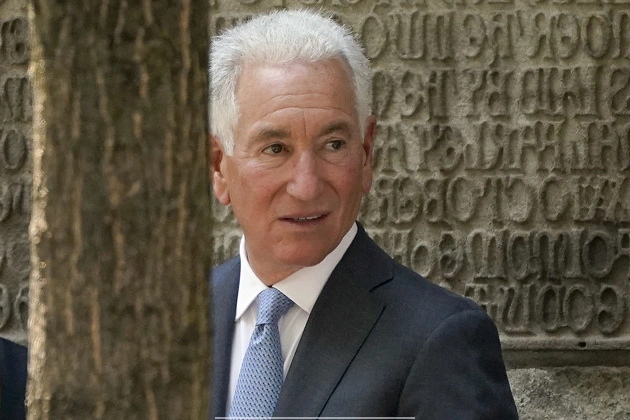
Charles Kushner, a prominent figure in real estate and the father of President Donald Trump’s son-in-law, has been confirmed by the Senate to serve as the U.S. ambassador to France. Despite previous felony convictions that were pardoned by the President, Kushner’s appointment has stirred both support and criticism.
Confirmation and Controversies
The Senate confirmed Kushner’s appointment with a 51-45 vote, with notable figures like New Jersey Senator Cory Booker and Alaska Senator Lisa Murkowski expressing contrasting opinions. Kushner’s past legal issues, including pleading guilty to tax-related charges and serving time in prison, have been a point of contention.
Presidential Pardon and Reactions
President Trump’s pardon of Kushner in 2020 raised questions about accountability and the implications of such actions. Former prosecutor Chris Christie, who was involved in Kushner’s case, criticized the decision, labeling it as a serious mistake.
Defense and Criticism
During his confirmation hearing, Kushner acknowledged his past mistakes and emphasized personal growth. However, Democratic Senator Patty Murray and others have raised concerns about his suitability for a diplomatic role, citing his history of legal issues.
Political Connections
The appointment of family members or in-laws to government positions has been a recurring theme in the Trump administration. Kushner’s role as the U.S. ambassador to France adds to the discussion surrounding nepotism and political appointments.
Despite the controversy surrounding his appointment, Charles Kushner’s journey from the world of real estate to diplomatic responsibilities highlights the complexities of political appointments and the intersection of personal histories with public roles.











